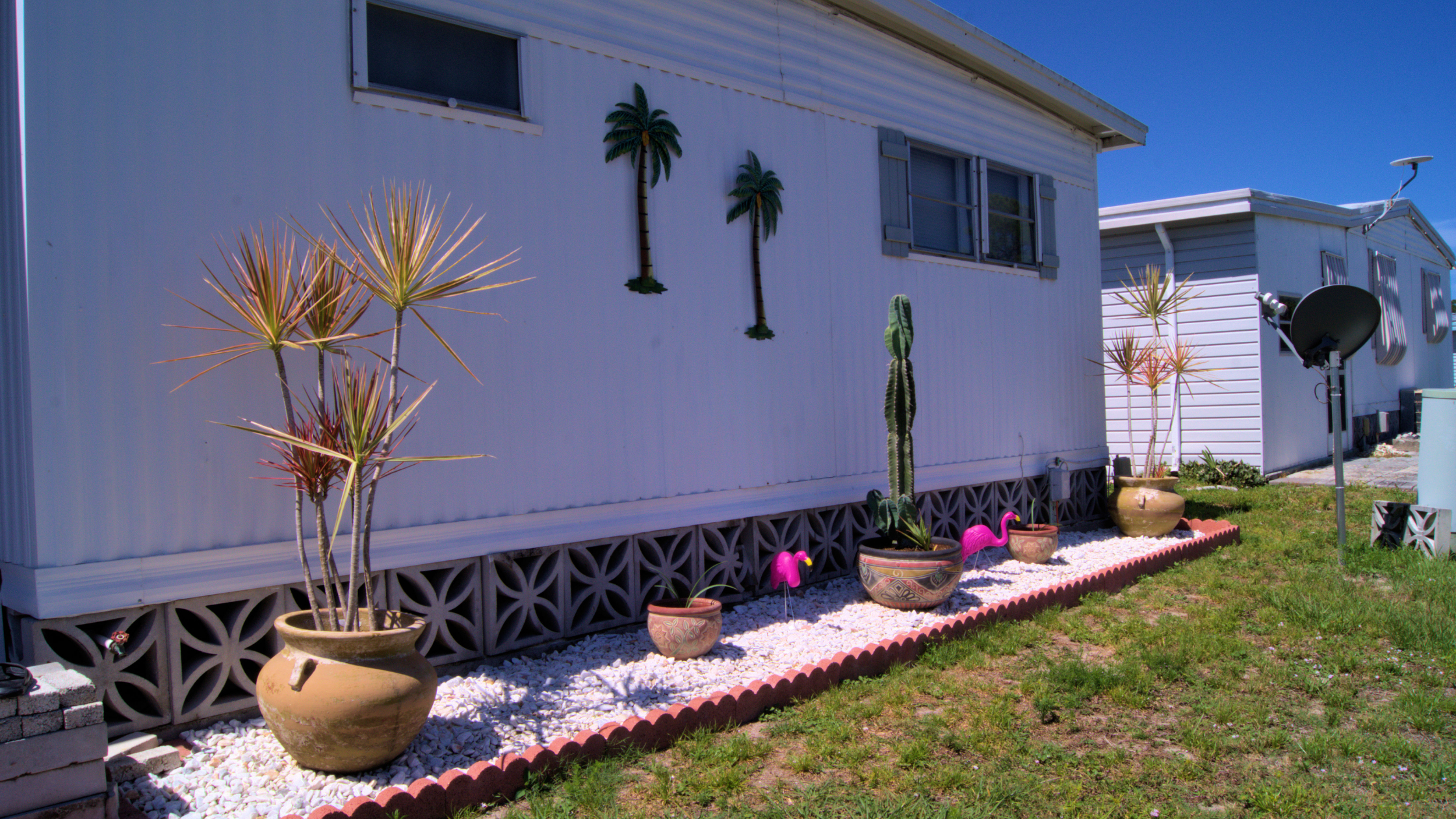Can Owning Your Own Manufactured Home Save You Money?
September 20, 2021

If you've been told that renting is a smarter choice than buying a home, that's not always true. While there are a few reasons why renting could be better than buying, which range from maintenance-free living to lower upfront costs, many renters are actually missing out on some important benefits of homeownership that fall in the financial realm.
However, one important thing to know is that not all homes are created equal. For instance, purchasing a manufactured home can be a much better financial move than buying or renting a conventional site-built house. If you're having a hard time deciding whether buying a manufactured home can save you more money than renting, you may want to consider the following points.
Owning a Manufactured Home Is Definitely Less Expensive than Renting
According to financial experts, buying a home makes financial sense only if the homebuyer intends to live in it for at least 5 years. If you're planning on staying put for 5 years or more, buying a manufactured home can be less expensive than renting a place to stay in the long run, even though it involves higher upfront costs compared to renting.
Knowing the upfront costs of purchasing a manufactured home is important in order to save enough money before committing to buying the home. In addition to the down payment amount, which is usually 20% of the home's value, the closing costs typically run between 2% and 5% of the loan principal. Depending on the price of the home, that can be a significant amount of money. However, a comparison between the monthly payment on a fixed-rate manufactured home loan and the rental rates that continue to rise across the country clearly shows that buying a manufactured home will actually offset the initial cost difference in the long term.
How is that possible? According to The Homes Direct, manufactured homeownership is considerably less expensive on average than buying or renting a traditional site-built house. The drastic difference in cost results from the rising costs of conventional site-built construction, which lead to higher rental rates and mortgage payments. While the cost to build or renovate a conventional home has increased exponentially over the past years, the cost to build a prefab home hasn't followed the same trend. As a result, buying a manufactured home is still more affordable than renting or purchasing a conventional home.
What's more, landlords can raise their rental rates as high as they want. This means that your housing costs could keep climbing from year to year. But when you buy a manufactured home and have a manufactured home loan with a fixed interest rate, your monthly mortgage payments will remain the same over the life of the loan.
Buying a Manufactured Home “Forces” You to Save Money
As mentioned above, buying a manufactured home means putting 20% down, which can be quite a hefty amount. On a $160,000 manufactured home with land, for instance, 20% would mean $32,000. Buying a manufactured home also means that you'll have to pay closing costs. Considering the same home value, the closing costs could range from $2,500 to $6,400. Before purchasing a manufactured home, make sure that you also factor in the setup costs for your home, manufactured homeowner's insurance premium that you'll need to pay on closing day as well as any property taxes and HOA/CDD fees, if applicable.
On the bright side, the 20% down payment you make on the manufactured home instantly translates into 20% equity in your home. Home equity is a great financial tool that you can use to pay for home improvements, consolidate debt, cover emergency expenses, start a business, buy another home, and plan for your retirement.
Owning a Manufactured Home Brings Along Important Tax Breaks
As the owner of a manufactured home, you can enjoy a number of tax breaks. As long as you install your home on a permanent foundation and classify it as real property, you can deduct any form of interest you paid on the manufactured home loan, including buy-down points, along with property taxes, certain home improvements, and home office expenses. Additionally, you may be eligible for a series of tax exemptions.
Owning a Manufactured Home Creates an Opportunity for Passive Income
Assuming that you qualify for a higher manufactured home loan amount, you could buy a multifamily modular home. Whether you opt for a duplex, triplex, or a larger home, you can live in one of the units and rent out the other(s). The income from renters may cover your entire monthly loan payment or at least a part of it. Depending on where you live, tax incentives may also be available for investment property. Before you opt for doing this, verify with your lender that this is acceptable to their terms and conditions.
Although buying a manufactured home may require you to make some sacrifices, they're well worth it considering that owning your own home is often a much better financial decision than renting. For financing options with competitive interest rates that could help you purchase your dream manufactured home, contact our professionals directly!
